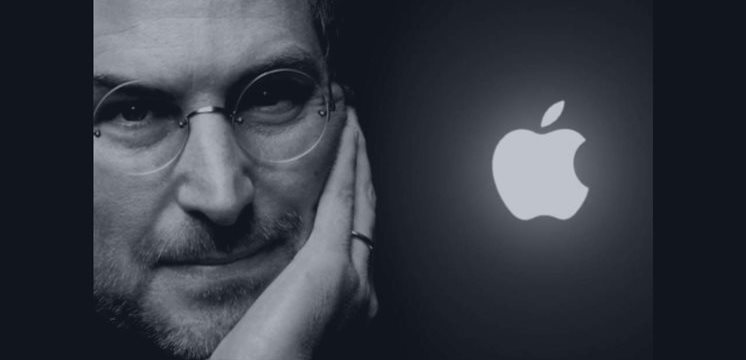
"This is a very strange business and a very strange endeavor of life," Steve Jobs once said in a candid interview about his legacy in 1994
"This is a very strange business and a very strange endeavor of life," Steve Jobs once said in a candid interview about his legacy in 1994. "All the work that I have done in my life will be obsolete by the time that I am 50."
At the time, Jobs was on the cusp of turning 40. The devices he'd work on to that point, mostly personal computers, would indeed be largely obsolete a decade later. By the time that happened though, Jobs was already ushering in a new era of gadgets: the iPod, iPhone and iPad, which helped change the way consumers relate to electronics and communicate with one another.
Jobs passed away on Oct. 5, 2011 at the age of 56 after a long battle with pancreatic cancer. Three years later, Jobs continues to be a force in our culture. He has been the subject of books, graphic novels and movies in the time since he passed away. His name is mentioned in countless management and marketing publications. Politicians, musicians and business leaders — even some competitors — drop his name in public appearances.
"Basically Steve Jobs is a mega great brand that is available for free and who doesn’t want to grab that?," says Sydney Finkelstein, associate dean for executive education at Dartmouth's Tuck School of Business. "It's available for the taking."
And so it is that you hear Google's chairman Eric Schmidt call out Steve Jobs as his "hero" at an event this week. Never mind the fact that Jobs had a fierce rivalry with Google — and accused Schmidt of using his insider knowledge on the Apple board to help kickstart Android — or that Schmidt leveled criticisms against Apple and its current CEO, Tim Cook, at the same event.
The power and allure of the Steve Jobs brand transcends political party lines and old business rivalries. It also increasingly transcends the nuances of Jobs' actual life.
"He's become shorthand for innovation and for corporate success," says Gautam Mukunda, an assistant professor at the Harvard Business School and author of Indispensable: When Leaders Really Matter. "We create the image of someone who maybe isn’t exactly who he really was."
You can hear this in the titles of some of the books that have come out since Jobs' death: Steve Jobs: American Genius, Steve Jobs: Genius by Design, Finding the Next Steve Jobs: How to Find, Keep, and Nurture Talent and Leading Apple With Steve Jobs: Management Lessons From a Controversial Genius.
"We can absolutely learn from a person like that, but we have to do it very carefully. For someone like Jobs, it's easy to learn the wrong lessons — lessons that are actually really dangerous," Mukunda says.
"It's easy to say he did X and succeeded, so therefore I should do X,
not understanding there were 100 other people who did X and failed
miserably," Mukunda says.
"The narrative of the Steve Jobs legacy will certainly change over time. There will be a whole new discussion about Steve Jobs in light of new evidence," Finkelstein says. "But until that happens, there will be a continual simplifying."


